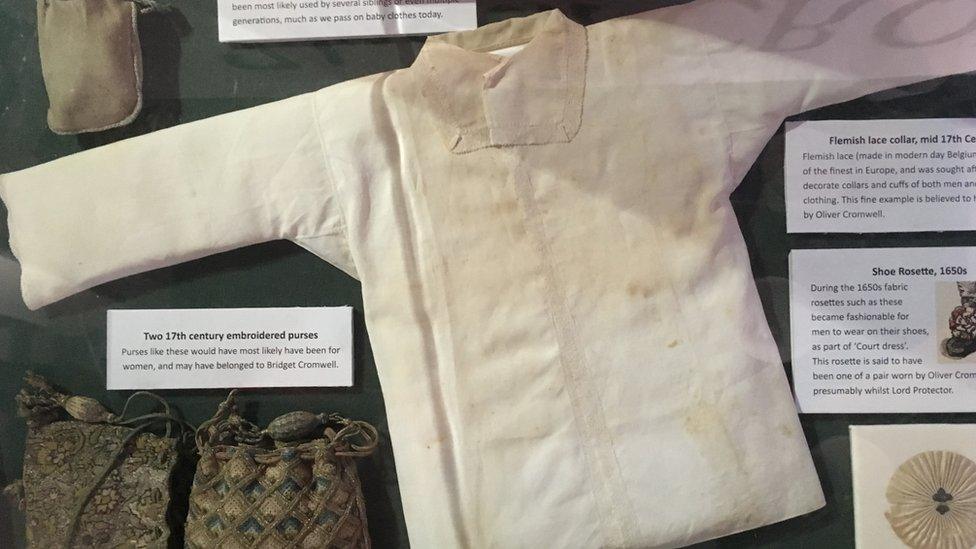Huntingdon exhibition shows Civil War spy cipher
- Published

The cipher substituted numbers for letters - in this case each letter had four number substitutions - to keep communications indecipherable to those without the key
An English Civil War cipher has gone on display for the first time since it was rediscovered last year.
It is being featured, alongside a coded letter by Charles I's queen, in an exhibition on spying at the Cromwell Museum, Huntingdon, external, Cambridgeshire.
The Parliamentarian cipher was discovered in papers in the Huntingdonshire Archives.
Museum curator Stuart Orme said the exhibition gives "an insight into the murky world of espionage" in the 1640s.
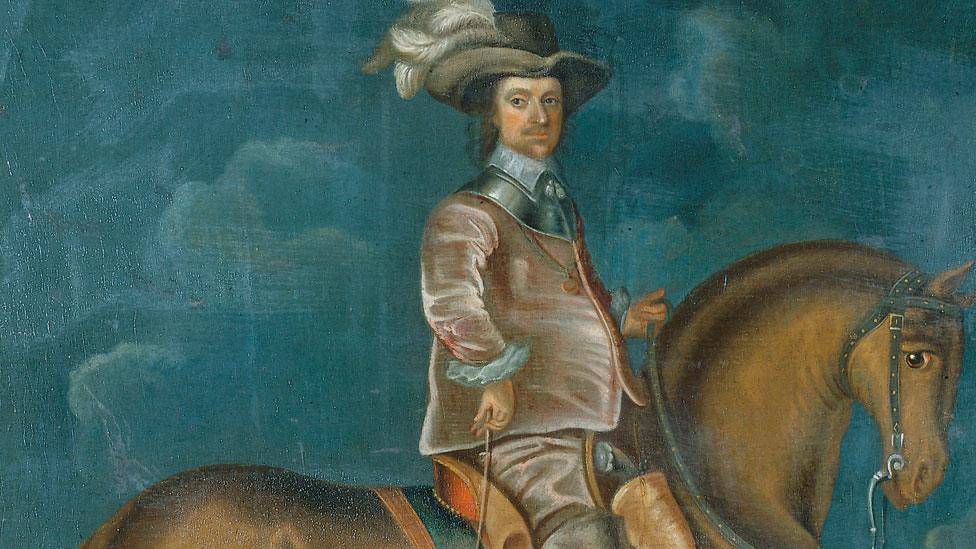
Cromwell Museum in Huntingdon is housed in Oliver Cromwell's former school
The cipher was used by Parliamentarian general Edward Montagu, Earl of Manchester, external, who lived at Kimbolton Castle.
It had faded so badly that it was only when it was photographed and the resolution changed that archivists realised it was a cipher, said Mr Orme.
The museum tells Oliver Cromwell's story from his Huntingdon childhood until his death as Lord Protector in 1658.
Cromwell was initially the earl's second-in-command, and later helped bring about his resignation as commander of Parliament's eastern counties forces.
Mr Orme said: "The exhibition shows how ciphers and codes were used, how letter locking was deployed to stop people breaking into letters or to reveal if the letter was obviously tampered with.
"It's a tale of spies, invisible ink and assassination plots and includes a dagger on loan from the National Civil War Centre, Newark, of the sort used to stab to death several prominent Parliamentarians by Royalist agents."
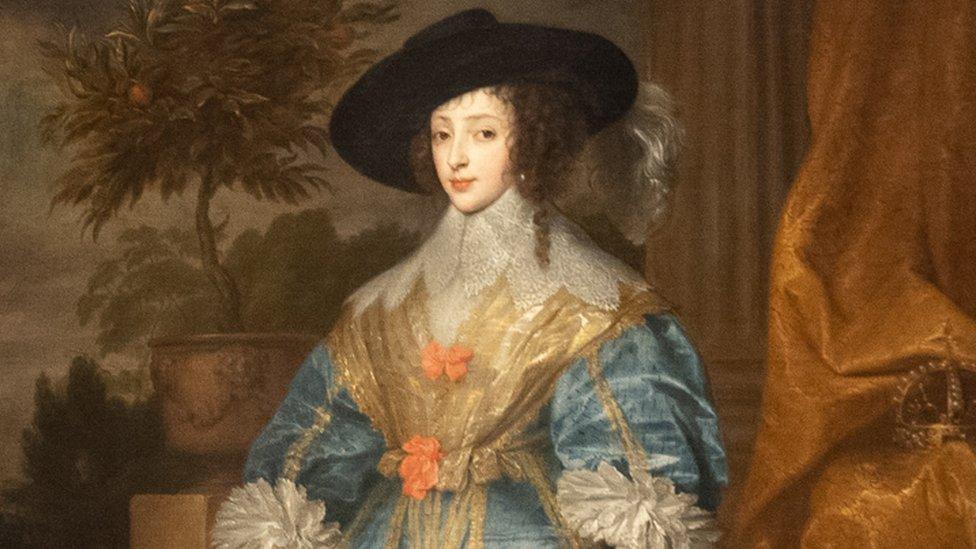
The coded letter was dictated by Henrietta Maria to her secretary and has a translation which appears to be in Charles I's own hand
The UK Parliamentary Archives has loaned Queen Henrietta Maria's coded letter to her husband, Charles I, dated to 1643.
It was captured by the Parliamentary side after their victory at the Battle of Naseby.
The role that women played in intelligence gathering in this period is also highlighted in the exhibition.
"For example, Parliament Joan, external was known for being able to pass unobserved through Royalist encampments, seen as either a washerwoman or camp follower," said Mr Orme.
"17th Century misogynistic attitudes to women allowed them to get away with being agents and performing these tasks effectively."
The Secret State: Cromwellian Spies and Intelligence opens on Saturday 20 May.

Find BBC News: East of England on Facebook, external, Instagram, external and Twitter, external. If you have a story suggestion email eastofenglandnews@bbc.co.uk, external
Related topics
- Published24 October 2022
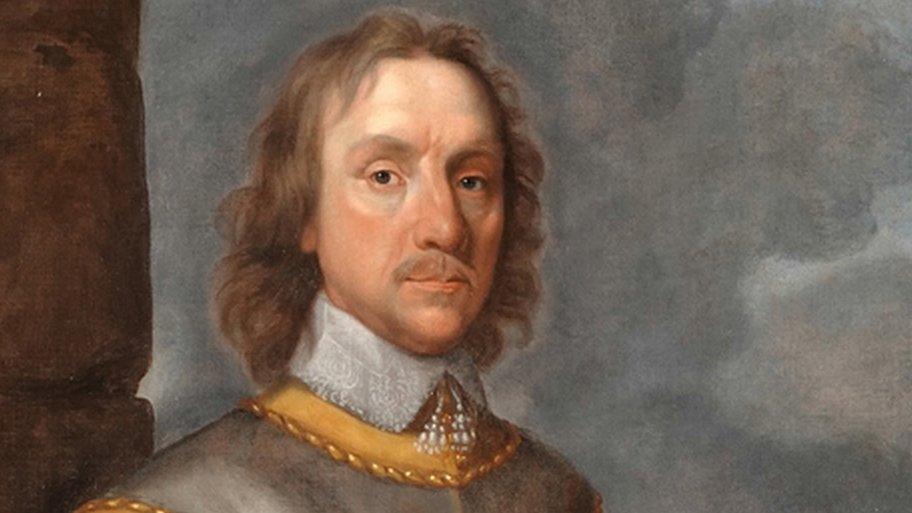
- Published8 May 2022
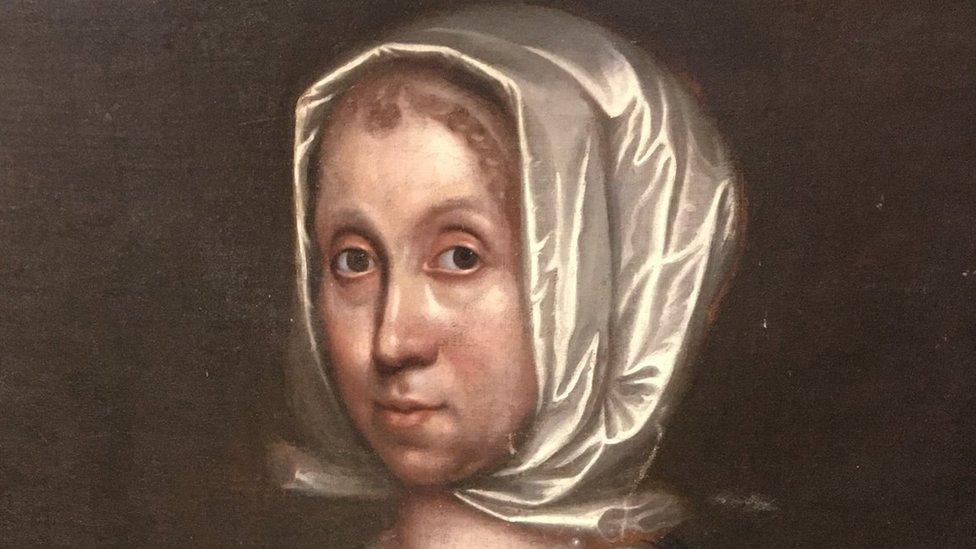
- Published18 January 2021
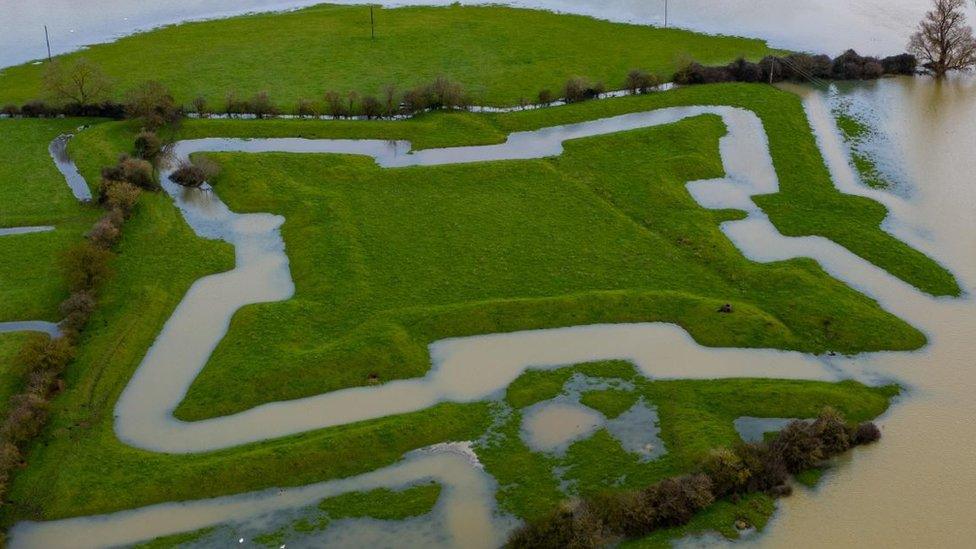
- Published31 October 2021

- Published15 February 2020
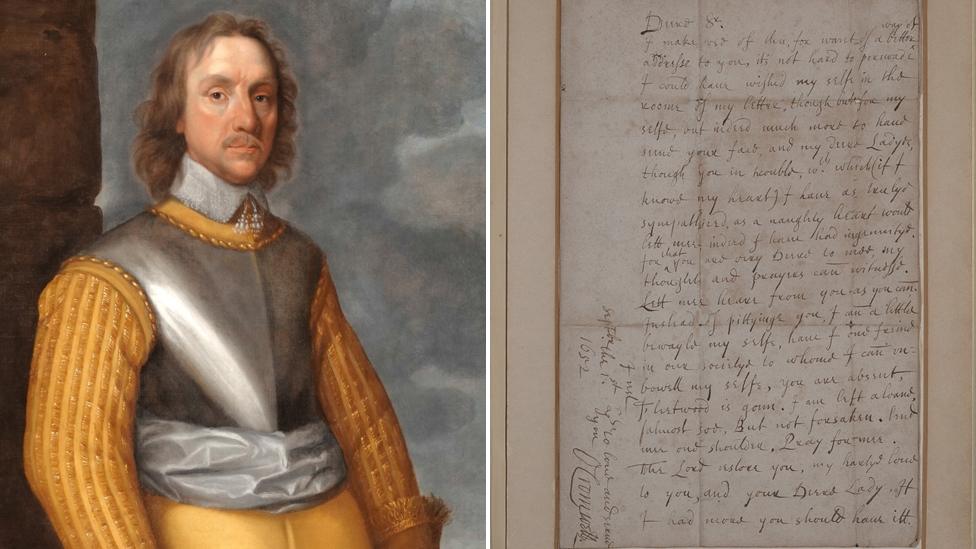
- Published31 October 2018
